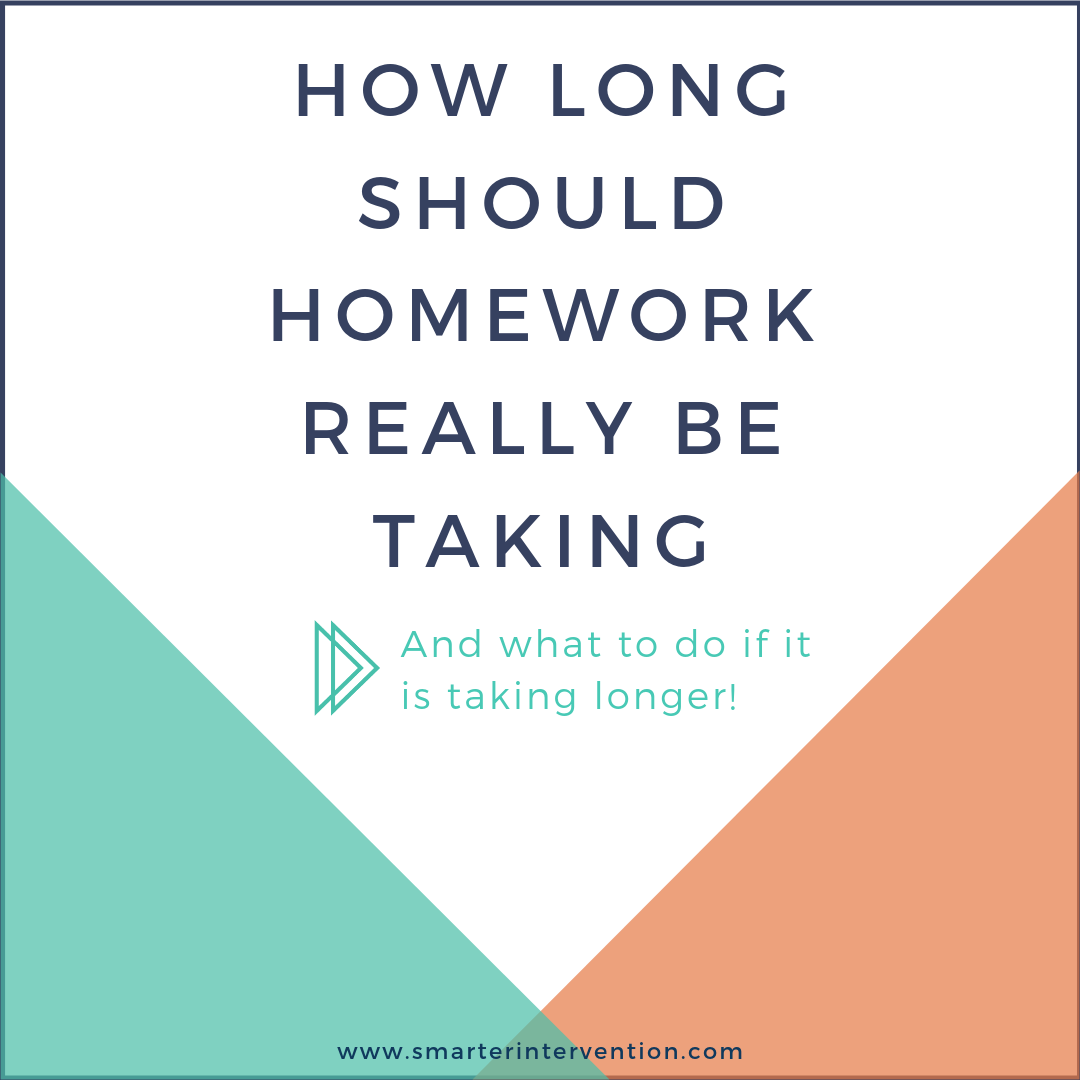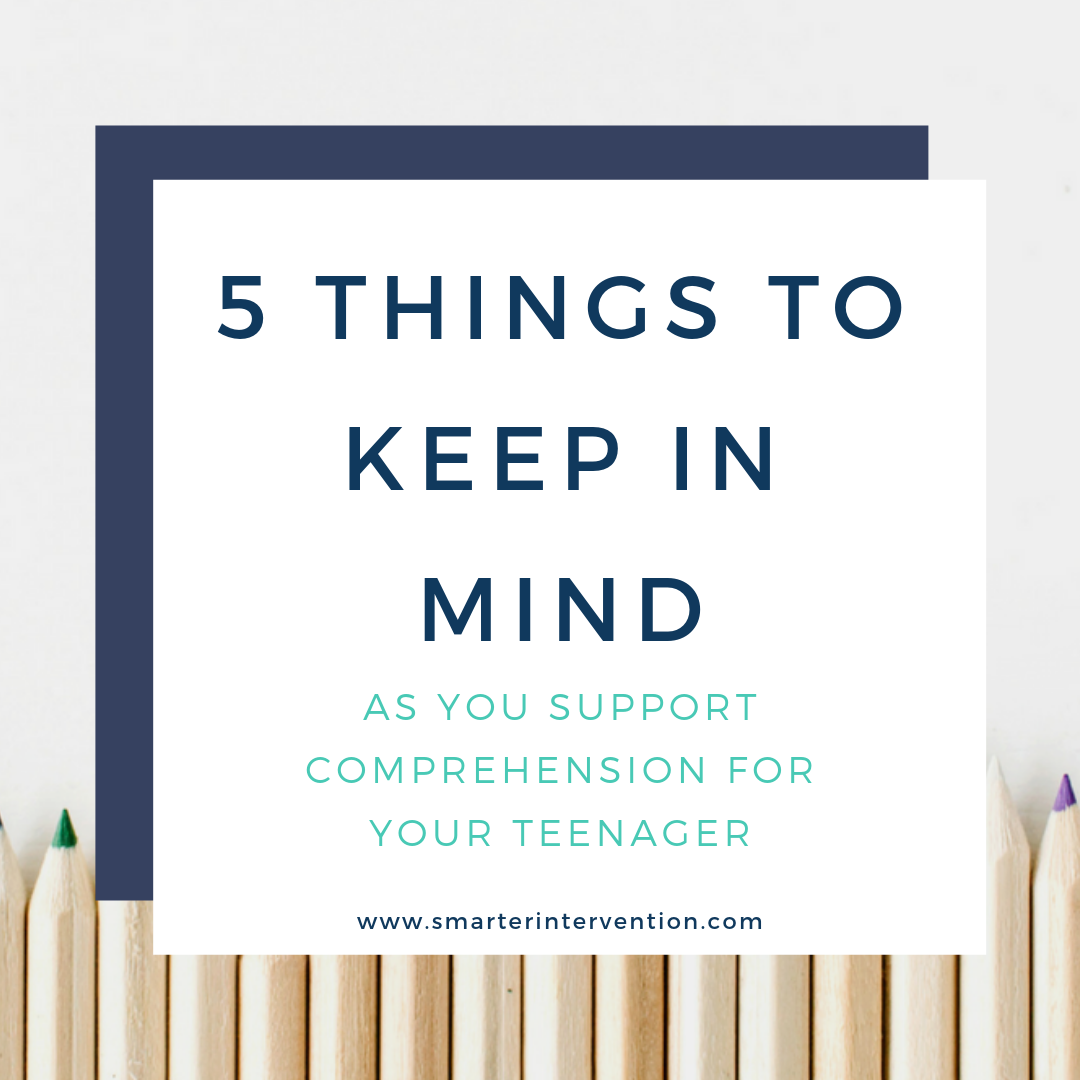Science-based literacy resources and articles
for families, educators and schools
Search by Category:
Categories
- Advocacy
- Business
- Comprehension
- Data Tracking
- Differentiation
- Dyslexia
- Evaluation and Assessment
- Executive Functioning
- Games & Activities
- Helping My Child At Home
- IEP/504 Plan
- Lesson Planning
- Math
- Online Intervention
- Organization
- Parents
- Phonics
- Phonological Awareness
- Reading Fluency
- Research
- SLP
- Spelling
- Vocabulary
- Writing
3 Tips to Decrease Temper Tantrums
We all know the feeling... Your child is having a melt down in the check out line at the store because they want you to buy their favorite candy bar for them. A refusal to this request can lead to screaming, crying, and maybe even a full blown tantrum. This can be embarrassing, stressful, and incredibly frustrating to deal with when there are so many people around! Many parents are probably wondering, "How can I avoid this?"
Why You Should Hope Your Child Loses
Every single day children are presented with learning opportunities for Executive Functioning skill development, many of which go unnoticed.
This can be for a few different reasons. First, the child and parents may be focusing on something else. Many of our students struggle with learning disabilities, so the struggle to get through their
How Long Homework Should Really Be Taking
It is not uncommon for families to come in concerned because their child's homework is taking what seems like forever to get through. Homework struggles can stem from multiple causes. It can be hard, it can be boring, or, it could be a sign of an underlying struggle for your child.
The rule we advise families to stick with is 10 minutes per grade level per night. That means if you have a second grader, he or she should be doing 20 minutes of homework each night.
The Secret to a Chaos Free Morning
If you are anything like us, your mornings probably go something like this:
"MOM! MOM! I can't find my shoes!"
"They are under the table, where you left them yesterday."
"Mom! I forgot. I need you to sign these 72 papers for my class field trip today!"
"Why aren't you dressed yet? We were supposed to leave 10 minutes ago! Stop playing and go get dressed!" (10 minutes later...still not dressed).
1 Easy Way To Encourage Positive Behavior In Your Classroom
Discover how a simple schedule on the board can transform your classroom for students with Executive Functioning struggles. Learn how it fosters focus, sustains attention, and builds organizational skills. Plus, turn it into a teaching opportunity for better student engagement and success!
Is My Child Struggling With Executive Functioning?
Worried that your child is struggling with skills related to Executive Functioning? Not sure what Executive Functioning is? Looking for answers to help your child succeed? You're in the right place. Executive Functioning is a term that has gained popularity in recent years. It refers to the skills that we use every single day like planning, paying attention, following directions and emotional regulation. For more information about what Executive Functioning is, you can read our blog, "What is Executive Functioning?
4 Ways to Build Your Child's Language Skills at Home
Students with expressive/receptive language disorders face a number of challenges in school. It is estimated that 1 in 20 students have some type of language disorder. These students are often working overtime to cope with their challenges and their struggle can go undetected or be misunderstood.
Language skills are at the heart of early literacy development and a key component to your child’s success in school.
5 Things to Keep in Mind as You Support Comprehension for Your Teenager
All things change right...from having your little one on your lap to having a moody teenager that believes nothing you do is good or right. Well just as they change - the strategies we use to help them must also change. Unfortunately for many readers, especially struggling readers - the struggle to fly under the radar and just keep up in the classroom, came at the cost of actually developing strategies and supports that would help them really understand their reading.
5 Things to Keep In Mind as You Read to Your Little Ones
Bed time stories can be such a treasured part of the family routine for young children. The ability to listen to stories and imagine and learn new words is truly magical. However, sometimes as parents, we may find ourselves going through the motions and missing out on some of the deeper level connections and meaning we could begin modeling for our children.
Here are a few strategies and things you can be thinking about as you are reading with your child. Keep in mind, you don't have to be presenting ALL of the strategies EVERY time you read. Pick and choose so it doesn't feel like it has become a school lesson :)
3 Reasons Your Child Isn't Understanding What She Reads
We know that comprehending what we read is the sole purpose of learning HOW to read. But surprisingly schools have placed a heavy emphasis on how quickly children read instead of how effectively they are comprehending the material they are reading. While your child may awe you with their oral language abilities (their ability to tell you about complex things going on in the world) you might be surprised to find that your child's reading comprehension skills are breaking down. :
A Fun Way to Support Phonological Awareness at Home
Research is very clear that Phonological Awareness is a foundational strategy for students to obtain the necessary literacy skills to read and spell effectively and efficiently. However, teaching older students phonological awareness skills can be difficult because many of the resources out there are geared towards younger students and the images, worksheets, and resources can be insulting to older students.
5 Signs the Homework Battle is Actually Something More
If you are fighting over homework every night - it's time to figure out what is going on. Often well meaning parents and teachers attribute a student's difficulty finishing or completing work to laziness, but the reality is that is just rarely ever the case. It's important that parents don't lose out on a more positive relationship with their child and get to the bottom of the homework struggle as quickly as possible. Often this struggle is caused by an unidentified learning disability - by identifying the core cause of the difficulties and outlining a plan you could change the future for your child.
Everything Was Fine Until 3rd Grade
A common theme that we hear from many of the parents we work with is, “everything was fine until third grade.”
Parents often wonder, what happened!? My child wasn’t struggling in class, the teacher didn’t express any concerns, their reading was on grade-level or close to it, and then suddenly in third grade everything fell apart. What happened!?
Executive Functioning: Perseverance
I want you to take a second and think about your life. What big challenges have you faced? How did you overcome them? What goal were you trying to reach?
We all have our own struggles and challenges in life that we have to work through in order to reach the goals that we have set for ourselves. The ability to stick with something, even when challenges arise and it is tough, is called perseverance.
Executive Functioning: Flexibility
Flexibility, in terms of Executive Functioning, means to be able to deal with changes and accommodate for problems that come up. This is crucial. Out of all ten of the EF skills, one could argue that this is the one that is the most necessary to get through life. Things change, and if we cannot adapt to those changes, we cannot be successful. Here are some tips on dealing with change.
She'll Catch Up
“Oh, she’ll catch up,” is what Jane recalled her daughter Susan’s teachers saying throughout first and second grades. Susan, now 12, was in the lowest reading group in her classroom but teachers assured Jane that Susan was very bright and would catch up shortly.
In truth, Susan wasn’t catching up. As peers began moving past her in reading, Jane became more anxious and worried.
My Child is Struggling, But Everyone Says He is On Grade-Level...
Is your child in the gray area?
“She has trouble spelling and reading fluently, but she’s doing okay for the most part
“He’s about a year behind, but don’t worry, it will click soon…”
“She has a hard time with reading grade level text, but she is fine compared to other kids in her class who struggle so much more…”
“I understand he has a diagnosis of dyslexia, but he’s not that far behind…”
8 Tips For Talking To Your Child About Dyslexia
Talking to your child about dyslexia can be anxiety-provoking. On the one hand you want them to understand why learning has been so difficult but on the other hand - you don't want to worry them or have them think anything is wrong. Using these 8 tips you will be well on your way to empowering your child to understand more about dyslexia.



















